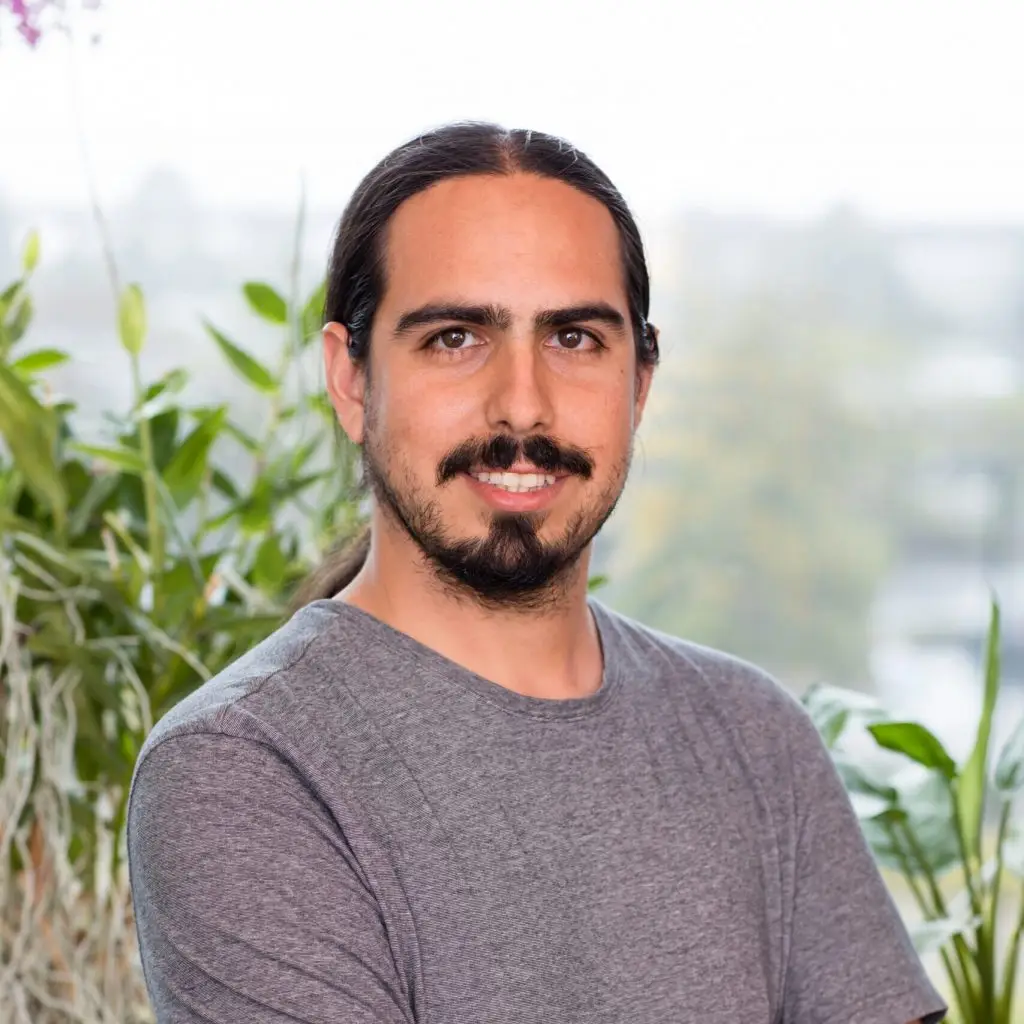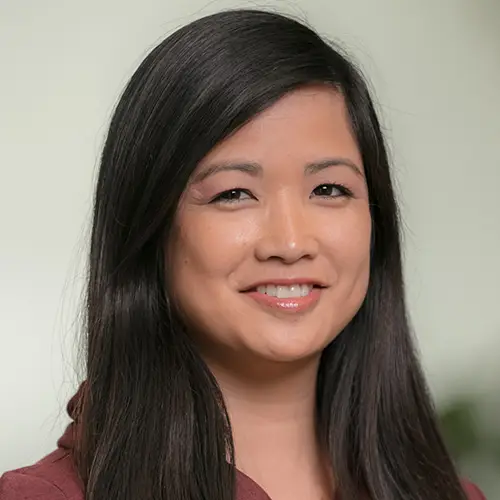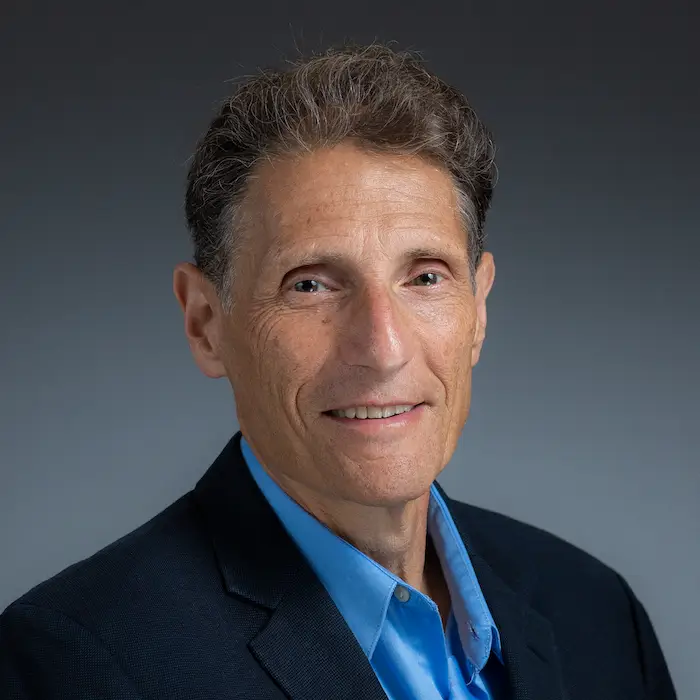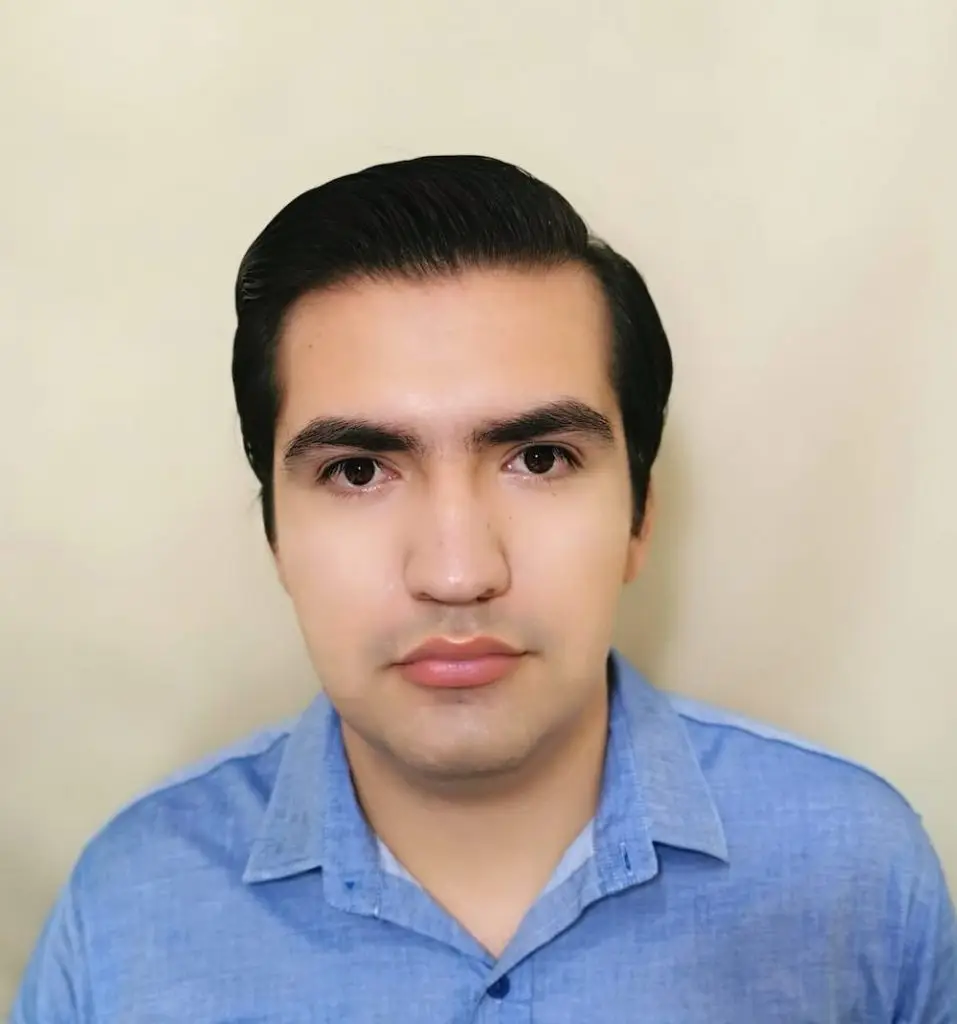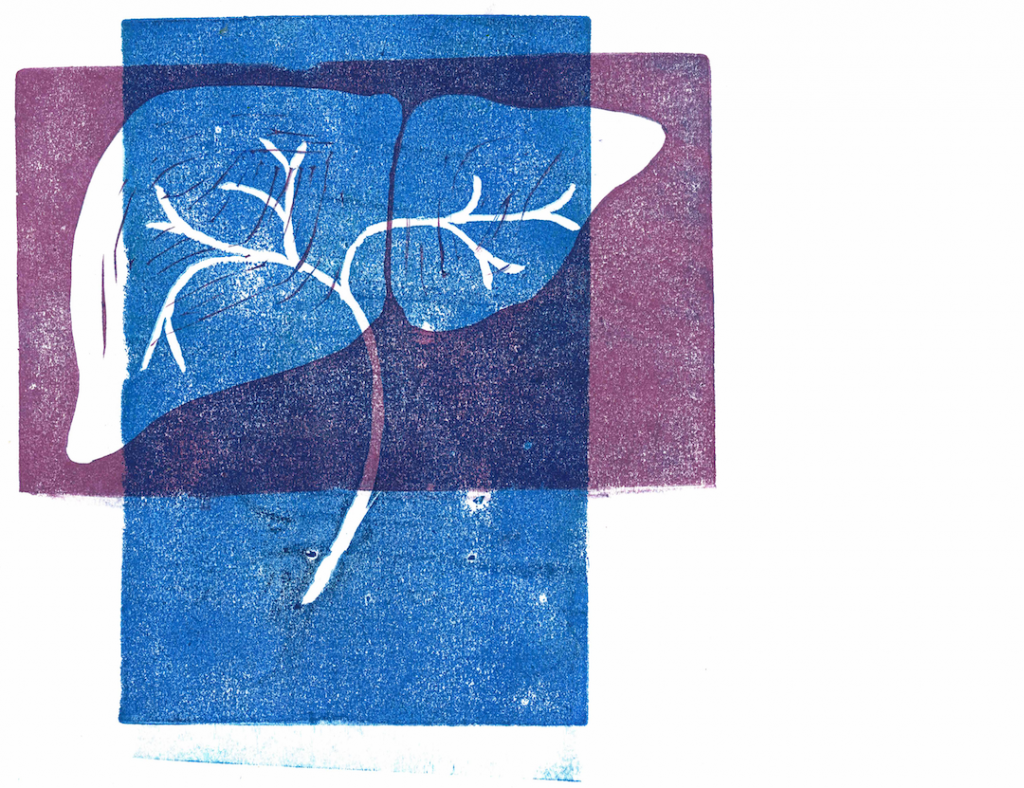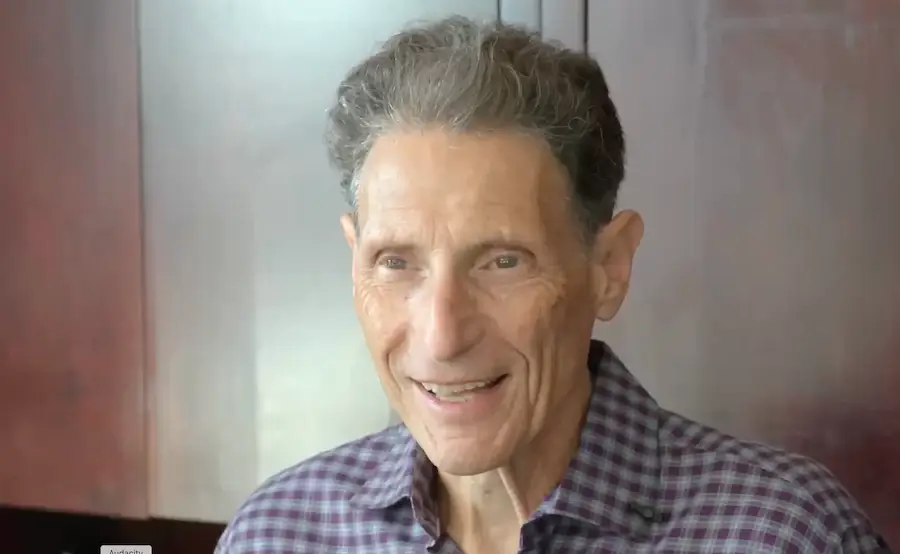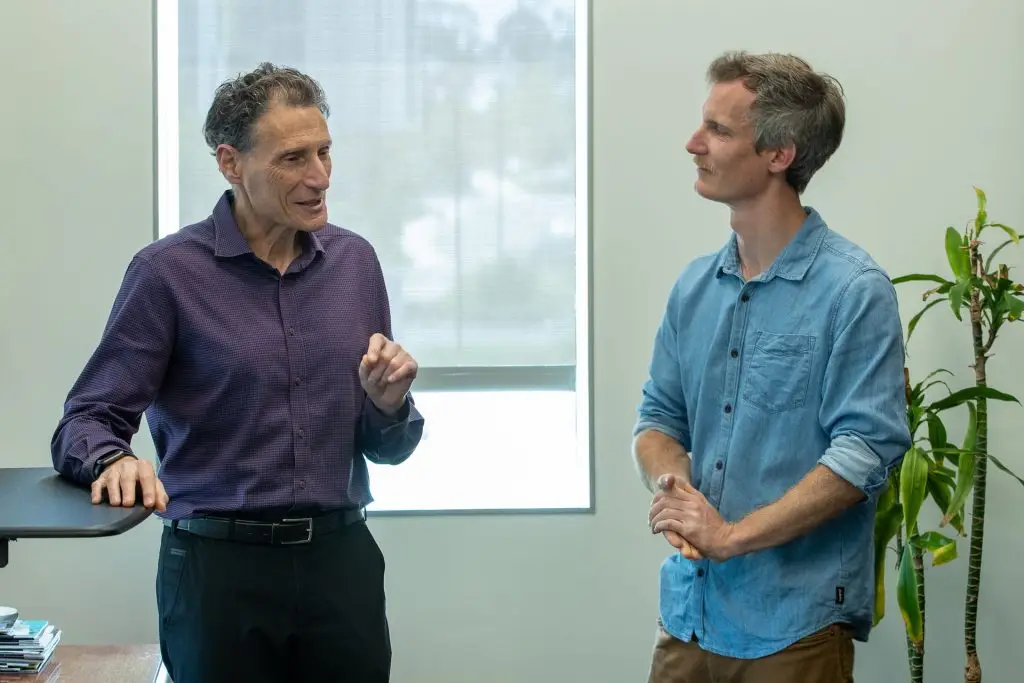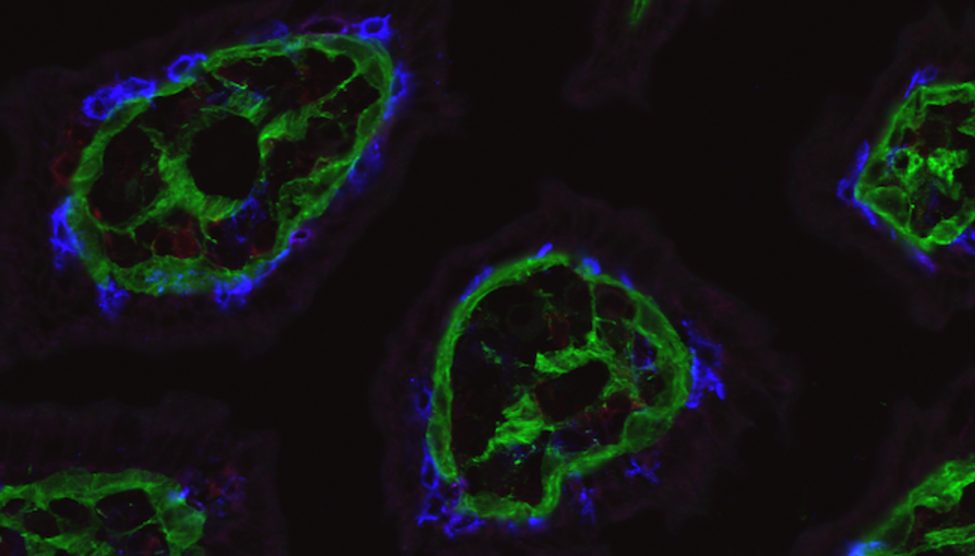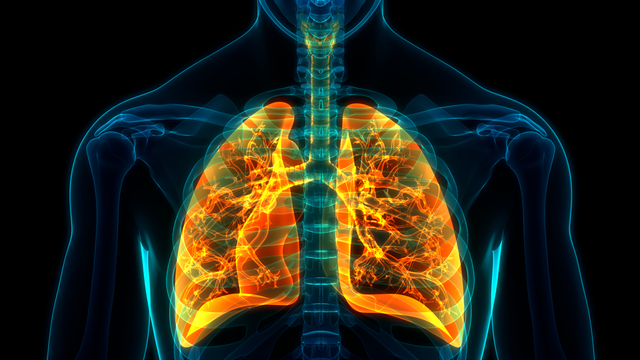Mitchell Kronenberg, Ph.D., and his team study innate-like T lymphocytes, including natural killer T cells (NKT cells), mucosal-associated invariant T (MAIT) cells, and gd T cells, as well as innate lymphoid cells (ILC). These lymphocytes tend to reside in nonlymphoid tissues, such as the lung, liver, and skin, rather than recirculating. In addition to making rapid responses to pathogenic microbes, they play roles in tissue homeostasis. The laboratory is studying how innate-like T cells adapt to different tissue environments and the long-term changes or memory response in these cells after antigenic stimulation. Because innate-like T cell responses are not limited by recognition of highly polymorphic antigen-presenting molecules, each of these cell types is being tested by other groups as potential cell therapies for cancer and other diseases.
We are also interested in mucosal immunology and the development of inflammatory bowel diseases (IBD). IBD, which includes Crohn’s disease and ulcerative colitis, are immune-mediated disease of the intestine in which the uncontrolled response of white blood cells leads to chronic inflammation. Using experimental models they developed, Dr. Kronenberg and his team are identifying molecules responsible for causing this poorly regulated immune response in the digestive tract, with a particular emphasis on receptors of the TNF superfamily. Ongoing work is focused on the analysis of intestinal T cells in IBD patients.
